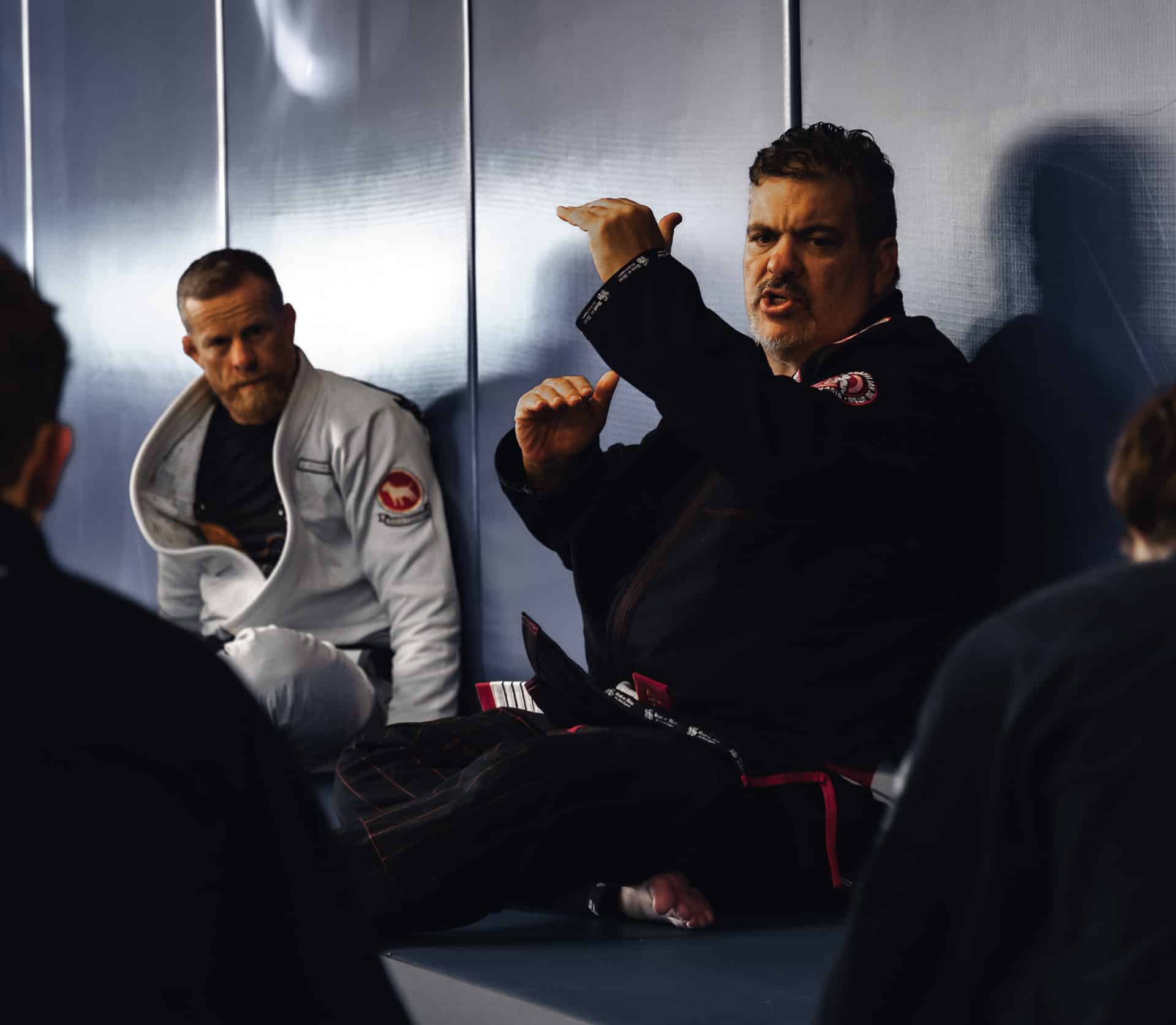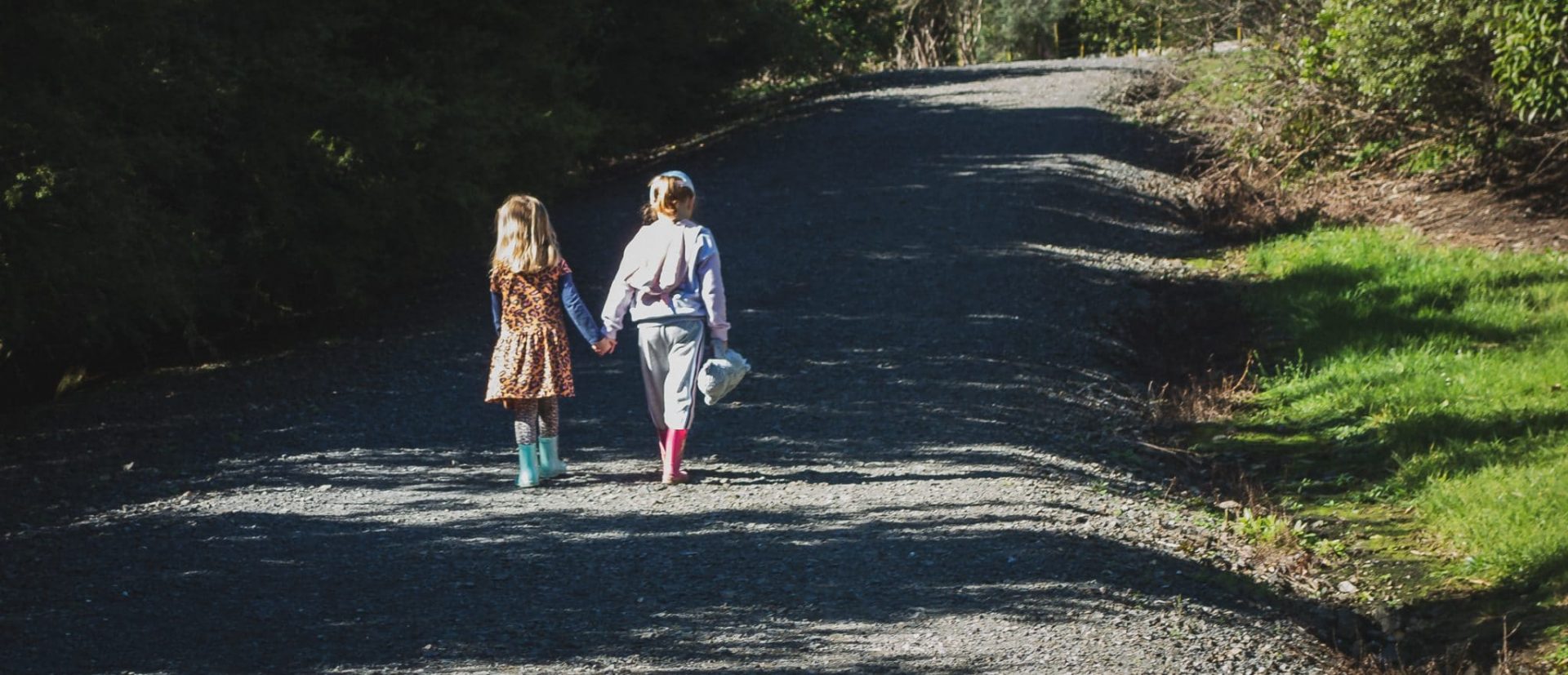How many times have you felt that knot in your stomach that comes with feeling stuck and totally frustrated? If you’re anything like me, that number is probably pretty high. But what if I told you that frustration isn’t some evil gremlin trying to ruin your day? What if it’s a flashing neon sign that you’re onto something good? It’s something I’ve realised in my journey, and I want to pass it on to my kids (and anyone else trying to grow and better themselves!). So, let’s get into it and see if I can flip your understanding of what frustration means in the scheme of life.
Is Frustration a Good Thing?
You’ve been there – working on a task and putting the work in, but nothing seems to progress, and anger wells up. Or, maybe your mind can’t quite figure out how to approach something – this can manifest as a different, more annoying frustration. Is it good? Or a bad feeling? Do you know how you feel when you’re doing a skill you are comfortable with? The time slips away, and everything feels calm. When it’s new, you feel like there’s not enough time in the day.
When we feel frustrated, it can feel counterintuitive to understand this. Our initial response can be to step back, quit and look for a task or environment that is more comfortable. As adults, we often shy away from anything new to prevent frustration. I try to use my kids as a gauge. They dive in and try stuff – not always effectively, but their approach teaches us much about life. Frustration only becomes ‘bad’ if you let it be, not if you push on. I know this can sound a little cliche, but how we view it in our minds is vital to whether we can grow.

What Causes Feelings of Frustration?
To better understand how to manage frustration, let’s quickly discuss the causes so that when you next feel it – you know where it’s coming from. Frustration typically stems from feeling helpless and unable to achieve our objectives or goals or solve problems. Let’s discuss the major triggers that most can relate to.
- Lack of progress: One of the biggest causes of frustration is that sensation you can feel of working really hard and not achieving progress in your work or efforts. There is nothing more annoying, but I assure you that it’s more common than you may think. If we approach that frustration correctly, the feeling doesn’t have to linger and ruin the experience for us.
- Loss of control: I think the first time I recognised this, was probably trying to drive a stick-shift (manual transmission for some of you) – everything around me felt in complete control apart from the damn clutch I couldn’t get my brain to compute. We often feel this frustration if something feels outside of our ability to manage. When the solution isn’t apparent to us, frustration wells up – even in basic problem-solving or basic skills acquisition
- Unclear Path to Achievement Similarly, If we set goals, but are unclear as to the actual method for progress, the process will seem difficult. If we start to take one step and the step afterwards isn’t quite as clear we get frustrated and lose sight of the overall goals we’re trying to reach
- Disruption of Routine I’m pretty big on my routines – not because I am super organised or anything. It is mostly that the predictability of it allows me to focus all of my brain-power on the tasks and I’m not left worrying about if something will throw a spanner in the works. When this does occur however it leaves us in an unpredictable state. Feeling frustrated is natural, and not in any way an admission of defeat.
- Skills acquisition: Any time you try something new you may not perform to a very high standard at first, This makes the feelings of frustrations extremely easy to understand. However, on the other side of it is mastery – I’d be surprised to hear that you’ve ever become a master at anything without some frustration and challenges along the way. It just isn’t in the human experience for improvement to happen without a little adversity.
- Inadequacy or lack of capacity: There’s a huge risk with trying new things or pursuing goals that are just too big – we will always reach this moment when we feel we’re just not ‘cut out for it’. This is just natural human doubt trying to get you to regress back into comfortable familiarity. That’s ok, too, but it’s not the road of learning and mastery.
Understanding what’s driving your frustration helps you recognise it for what it is: an indicator that you’re being pushed beyond your current limits and often a prompt to pivot. Now let’s dive deeper into why it’s something we can welcome into our lives.

What Happens to Us Mentally and Physically When Frustration Strikes
Our minds are powerful tools – they allow us to solve complex issues. Unfortunately, they are often terrible when it comes to assessing emotional context. Our thoughts don’t like to get muddled. They much prefer the predictable. When frustration occurs it can show up in your mind and body like this.
- Negative Self Talk It’s really common for your mental narrative to fall apart – with increased intensity. “I can’t do this” or “Why am I even trying” all the familiar phrases. These familiar narrative triggers make us second-guess our own capability and reduce the value we perceive in the work and the end result.
- Tunnel Vision The bigger problem with the above, is that in moments of high intensity our minds just become incredibly bad at seeing outside the immediate ‘issue’. This reduction in mental peripheral means that creative thinking gets restricted – we are only now seeing the problems and never the pathway to resolution. This means the problem seems larger and bigger. The more problems the greater the frustration
- Irritability and Anger The constant negative-self talk and the feelings that can emerge due to these thought patterns are normally accompanied by physical signs as well. The more mental anguish and stress we perceive means our patience will normally shorten. Even something quite mundane (not directly tied to what is causing the stress) will likely become increasingly difficult to tolerate.
- Physical Tension: Frustration also makes itself know through physiological symptoms: Muscles may tense, jaw can clench and the stomach can feel knotted up. That feeling of unease can spread throughout the body. That release of physical symptoms through focused effort will start to break the patterns in place.
If this sounds like you then know that these symptoms can actually show the moment when a breakthrough might be possible. Its worth working through those symptoms as each one you experience is a good indicator of progression and learning. Frustration is often one step away from resolution and if we accept and try to re-frame it’s value, it can serve as the fuel for success.

How Frustration has been my Friend on the Mat
I’m gonna bring this all home by sharing a little on my experiences with Brazilian Jiu-Jitsu. Trust me, this sport is nothing more than a constant source of ‘opportunity’ to feel frustration. On a daily basis, people physically overpower me and put me in extremely compromising positions that my brain often feels like it cannot escape. Here are a few scenarios that have really reinforced my belief in ‘frustration is a super power’ – something I am glad I learned:
- The Constant Learning Curve – BJJ is not simple – I will let you know that upfront. There are more details within one move than I suspect most of us comprehend in a day of ‘regular life’. It can feel overwhelming trying to improve your technical abilities and its quite common to feel ‘lost’. As a beginner there can often feel a huge chasm between what your understanding and skill should look like, with the way it actually feels. If you quit, you never overcome this problem.
- Sustained Improvement – There is an underlying understanding in most that is – when you start getting something new – eventually it gets figured out. We may have those breakthroughs that unlock so many skills within. Eventually a plateau is met. I mean – there isn’t really another way around it right. In BJJ your skill often just isn’t good enough. Sometimes its in the technique. Sometimes the ability is the issue and all the technique in the world just will not close the skill gaps. Sometimes it takes weeks, maybe months before any noticeable changes appear. That can really test the spirit
- Specific Skillsets: Sometimes, I can seem to work on specific skill sets and the problem lies deep in an earlier learning issue or a misunderstanding of movement. Trying to fix something higher up on a building, without securing the ground, makes it difficult. These problems always feel insurmountable initially – especially when you keep hitting the same wall over and over again. The reality is it’s often quite small fixes that have profound impact – if you work hard and persevere with the struggle to try and resolve the skill deficiency
- Mental Game: A huge component of Jiu-Jitsu is learning to handle discomfort and stress. When an opponent dominates, frustration is just part of the experience. You get physically pushed and prodded from every direction while you are gasping for breath – your frustration with each attempt grows with the need to do anything other than fail. You have to learn how to turn that frustration into action by figuring your next step (even if its the best ‘bad’ choice!)
Every moment of struggle in the dojo has led to profound learning. The feelings you get with every loss have not set me back as a learner. The struggles you may endure may well suck at the time, but once you are out on the other side I can tell you that there will always be huge feelings of achievement. It’s important for everyone – myself, as well as for my kids too. It helps frame those experiences, good and bad, for a different lens – which leads into our next part.

How Can I help my kids Embrace Frustration as a Tool
Seeing your children get upset can often spark a moment of reflection – “Am I failing as a parent if I cant take all these challenges away from them?” You’re not alone. Its ok for kids to be frustrated! As a dad, this understanding has helped shape my understanding of how important this all is in their growth and understanding of life. I use the lessons I learned through BJJ (and other challenging pursuits in life) to inform how to help my kids handle it when they inevitably run up against frustrations:
- Normalize frustration: My first objective, in many regards, is trying to let the kids see how its a regular feeling for them to get. Kids need to understand they’re not weird when things get frustrating, that everyone deals with them. If we talk openly about frustration, its power dissipates. You just show you understand them (a powerful life lesson they are learning too!).
- Teach coping methods: This is key. If there isn’t anything you’re able to implement immediately to make the ‘thing’ better or the experience improved – try teaching calming or focusing exercises that assist them. Even a 10 second breather to regain clarity and composure in a tricky moment is extremely effective. If the frustrations are still very strong, let them be in that emotion – don’t diminish their frustrations. This helps normalise those experiences
- Problem Solving: Once your kids are in the moment you can work through solutions or actions you can make them feel more capable to improve the task at hand. Breaking the ‘problem’ into smaller component pieces makes things a little easier to focus on and it helps improve clarity of where effort can have the greatest impact. Make that learning fun and don’t put extra pressure. It takes practice
- Highlighting the value in hard work Instead of praising easy successes or good outcomes highlight what is positive when hard work and effort has been put into tasks. Emphasize the ‘learning’, effort and strategy that they engaged in rather than just outcome. Reinforcing this, reinforces that when they are experiencing the emotion of frustration, this can mean learning is not far away
- Real-life modelling. Kids watch everything we do. When they see that dad, struggles with things, but finds a positive way through the emotions to get it completed or overcome those obstacles – it’s another strong influence on their beliefs and the habits they take forward. Let them see it in you first. This approach really reinforces for me, my overall thinking that ‘frustration’ is an experience that should be respected. Its part of the human journey and needs to be recognized by ourselves, but just as important by our kids.
Frustration is never fun and I still experience them, even though I now see how important they are. There’s something quite powerful about sharing those feelings and turning it into an opportunity to grow. Its those times when our growth seems almost unattainable when the breakthrough is very close by. When frustration seems like a never-ending journey, remember the path and not just the feeling
Why Patience is your Most Powerful Tool in These Moments.
Sometimes, what can make it easier to tolerate frustration is the patience that allows us to move forward, with positive intent. Frustration can often just push us off course and make the desired outcome even further away than if we just persisted forward at our same rate of effort. If you can change your perspective of this common occurrence it helps change our focus back to the solution, instead of just feeling lost. Let’s go into why Patience is helpful:
- Clear Direction and Thinking There can often be huge feelings of overwhelm when trying something difficult and sometimes all of your initial solutions, pathways and thought processes just do not get you where you’re trying to be. Sometimes taking a short breather to relax into those moments of discomfort allows clearer thought. It’s like that adage that a solution will sometimes come if we walk away – it just changes how we perceive. It allows us a new way forward and more tolerance of feelings of frustrations
- Long-Term Development Patience, in conjunction with hard work means it will be inevitable that progress occurs. If we let frustration overwhelm us, it could mean the moment is ruined and we look for alternatives that can feel more familiar and safe. Overtime this can develop very bad habits and patterns – this is the antithesis of progression. Learning how to slow yourself down (to learn better) is crucial in many parts of life
- The Value of Delayed Gratification. With instant success stories and wins being shared more readily than hard work we are exposed to these ideas of effortless work as often ‘normal’. That isn’t an accurate picture though. Learning something complex with patience and focus reinforces the process of doing and that good outcomes usually stem from slow deliberate and patient efforts and commitment to processes – instead of seeking the outcomes directly. The outcome then, simply becomes the positive bi-product of hard, focussed effort
- Emotional Well Being There’s actually huge improvements you can find in emotional well being when learning to engage with frustration as an indication you’re doing the correct actions. Feelings will continue to come – I am no more capable of removing mine as you are of yours, but having mechanisms to reduce its intensity, as well as mechanisms that turn negative patterns into opportunities – then patience becomes such an essential component. You develop a way forward even when emotions are not in a positive place. That takes a long time – so being patient with the experience and yourself will improve outcomes, which is what we really all want
Ultimately patience helps build resilience in these moments of doubt. Learning how to turn away from frustrations requires patience in itself! Every time we practice that feeling it makes the next occurrence just a little easier. Don’t see ‘frustration’ as a mountain to be climbed and then put behind you forever. The reality is its part of a continued cycle. Once you have one skill, or level of expertise, more learning and expertise (and likely another struggle) is next. Use patience to fuel progress – there’s a pathway just around the corner, so you can focus on getting around it next time.
Conclusion
Frustration doesn’t feel good in the moment, that much I agree on, however – if you want to really level up your potential in any aspect of life, then frustration should just be looked upon as a regular, human, experience. In many ways the emotions around feeling stuck or not capable of making progression mean that we are being tested to find a creative, more suitable solution to our goals. With experience in Jiu-Jitsu, as well as with my kids and with any new experience that tests me I have come to realize that these moments provide the clearest pathway forward if we use it to re-engage. Instead of being pushed back or regressing we must persevere, because the experience that frustration presents to us is actually an opportunity for true growth.



